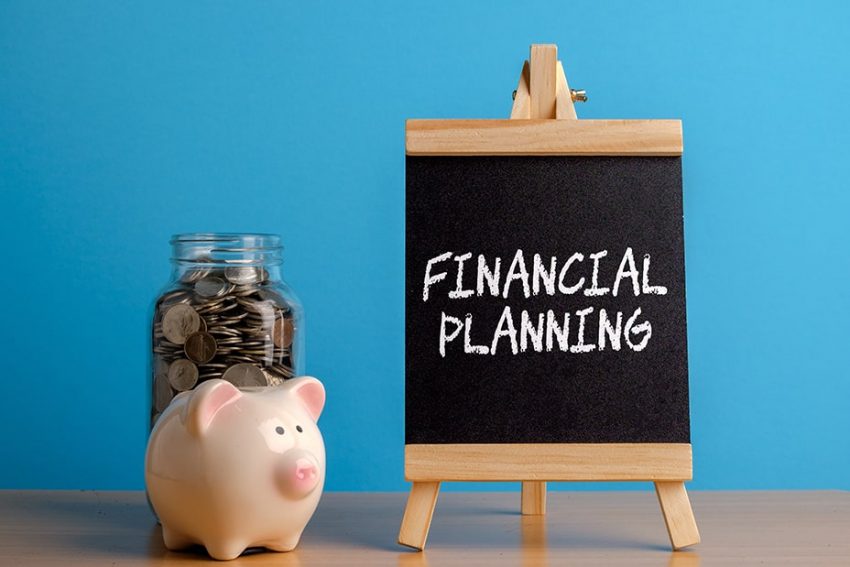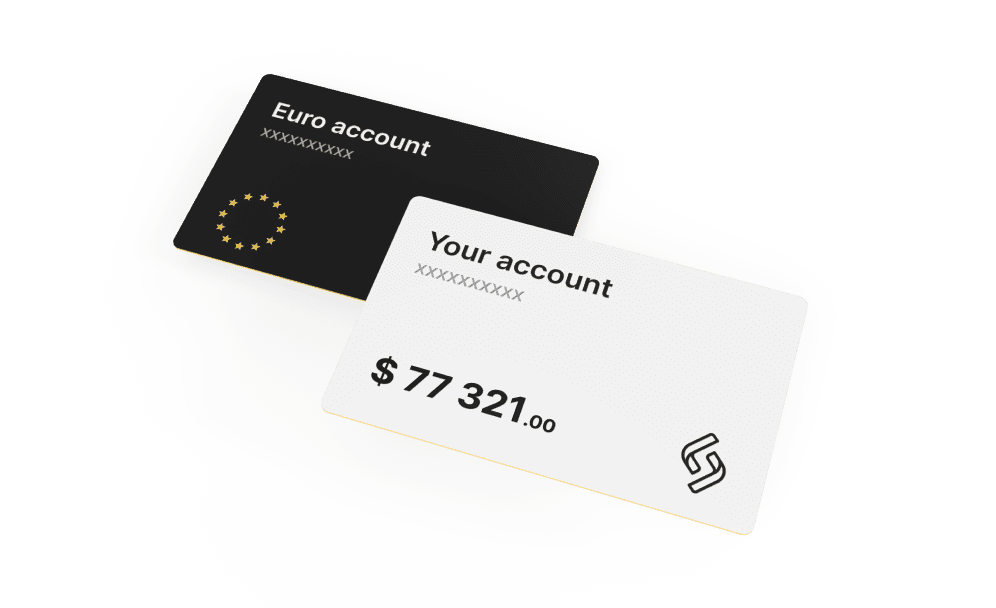Tips for Making a Personal Financial Plan

A well thought out financial plan can be a very useful tool to work with. You can track your progress, reduce doubt or uncertainty about your decisions and make adjustments to help overcome any problems that are almost certain to arise down the line.
There are a lot of situations that can and do put you right off track with your personal finances. There could be a whole array of problems that is almost impossible to foresee. There could be unexpected car problems, medical bills, school fees, the cost of a holiday, and a whole number of things. We have all been subjected to the consequences of improper personal financial planning but it is never too late to turn over a new leaf, sit down and take it seriously.
Personal Financial Planning is a controlled, thoughtful approach whereby an individual uses the existing financial resources to the full. Proper management of personal finances is very likely to bring you a lot closer to achieving your financial goals and objectives.
The Definition of Personal Finance Planning
It is an invaluable guide for personal financial management, including saving and investing. A lot of financial planners are more than likely to begin your financial planning by drawing your attention to exactly what are your financial goals. Many individuals spend a lot more of their time deciding on their holiday than on their financial goals. A personal financial plan will help with control and discipline within the thought out goals and aims.
Personal Finance Tips
A personal finance plan is a basic outline to outwardly control your finances without going into any fine detail. Divide your after-tax income into three major spending categories. Evaluate your income and allot a percentage to the highest outgoings. E.g., 20% of your income goes into a savings account, 10% of your income goes toward debt repayments and this does not include mortgages. The remaining 70% of your income goes toward all your other cost of living expenses.
So as not to go beyond the planned budget, you can limit your expenses for a specific spending category by storing funds on several accounts both physical and virtual cards. At Satchel.eu, you can open several accounts or cards. Each account or card can refer to a certain type of expense (living expenses, online shopping, taxis, food delivery, etc.). Your balance after each transaction is the best way to control your spending. Remember that virtual cards are eco-friendly and prevent plastic pollution.
What Are The Main Steps In Personal Financial Planning?
There are five basic principles to adhere to when you are planning or even considering your personal finance status.
1. You should learn all about the structures and pitfalls of your own finances.
2. Look up your credit status regularly, so that any discrepancies or mistakes can be rectified at an early stage to prevent permanent damage to your all-important credit rating.
3. Make a budget, so that no unbudgeted spending can occur.
4. Pay your debts on time because accruing debts can lead to such a mountain of debt that can never be paid off.
5. Make a savings plan so that, after a time, you can see the very worthwhile fruits of your labour.
How to Do Personal Financial Planning?
It is a lot easier and probably simpler to manage income more effectively through a well thought out, sensible and most of all achievable defined plan. This can be achieved by creating a budget so that you don’t have to worry about whether you have enough money for your lifestyle. Planning, monitoring, and exercising a very tight budgeting control can help you prioritise your spending, as well as identify costs and expenditures that are not absolutely vital. It is desirable to adapt to your financial situation changes to achieve your financial goals. Doing a personal financial plan will help you to realise just how much time you can save. Take a cup of tea or coffee, find inspiration, get concentrated, and just start putting down your expenses. You’ll see the magic of transforming chaotic thoughts into a clear and logical structure.
How to Do Personal Financial Planning In Excel?
It is relatively simple to manage your household budget in Excel. Creating a budgeting plan for your household can, at times, feel exhausting and extremely tiring, but Excel can help you become a lot better controlled and organised and on track with a multitude of free and easy to use budgeting templates.
The basic principle of budgeting is to summarise what you earn against what you spend. This will help you plan for your long and short-term goals. A budgeting spreadsheet can help make your financial health a priority by controlling spending and seeing a genuine increase in your savings.
Common Principles in Planning Personal Finance
Be aware of your net pay before you start spending or planning for investment. Know exactly the total that is going to be your net pay. It will be available to you for spending after all the deductions made from your salary.
Pay yourself first before you pay your costs and outgoings and save some of your earnings for unexpected situations and emergencies.
Start saving younger. The interest paid on your savings totally depends on your savings account. The longer the time that you keep investing, obviously, the greater the return.
Experiment and study interest rates, check with the financial institutions, and compare the interest rates between them to earn more interest while paying less for your debt or borrowings.
High returns are directly equal to high risk. Different investment schemes and plans are available on the market. Some might seem more suitable than others. You should always invest according to your accepted level of risk. Higher returns always involve higher risk.
Don’t borrow what you can’t pay back, this is one of the crucial aspects of managing your personal finance. A responsible borrower cuts their coat according to their cloth. This will also, massively, improve your credit score.
Maintain your credit record. Credit scores are registered against almost every person and are recorded by credit agencies. A negative credit score will really, adversely affect your ability to secure a loan in the future.
Stay insured, insurance should be the top priority among your long list of investments. It is always better to stay prepared beforehand.
Plan Your Financial Goals and map out both your long-term and short-term financial goals, at the same time make realistic plans to achieve them.
Manage personal finances. It includeі various aspects such as savings, investment, insurance, taxes, loans and even plans for your retirement. A budget is essential to help you to live within your means and save for long-term financial goals.
Limit your debt by not spending more than you can pay off. This is the most prudent choice but it is not always the easiest. People may need to borrow money from time to time. These must be kept under control.
In Conclusion
Personal finance revolves around planning finances today so you can relax and have a better tomorrow.
Freedom to use our earnings, as and when we want, is important to all of us. Personal freedom and personal finance are obvious priorities. The question is how important is your personal finance to you. It is important and it should act as the wakeup call that you need to look after your finances on a regular basis.
All the thoughts written down in a certain sequence always structure intentions, and as a result, discipline and make life easier.







